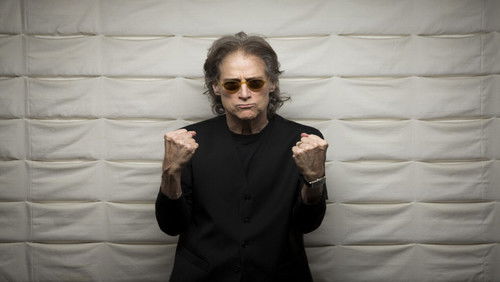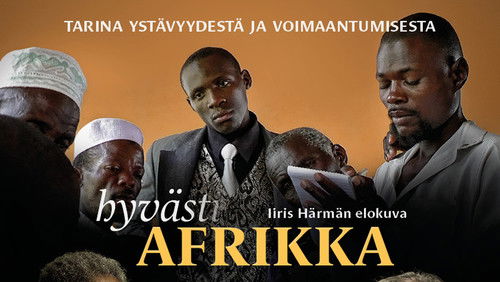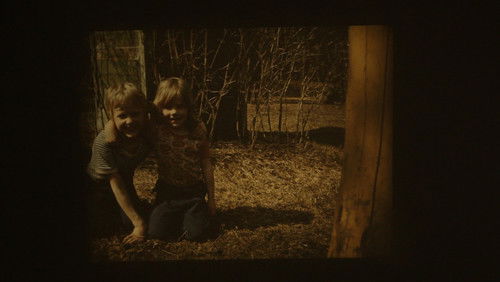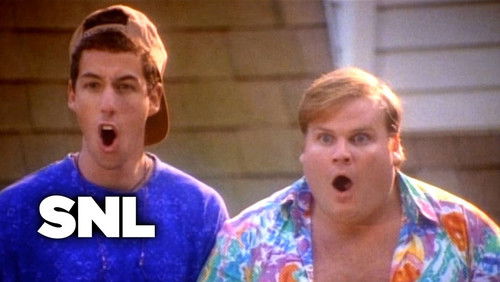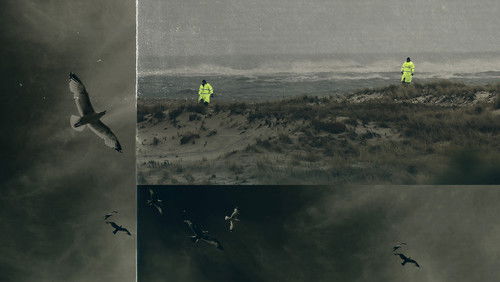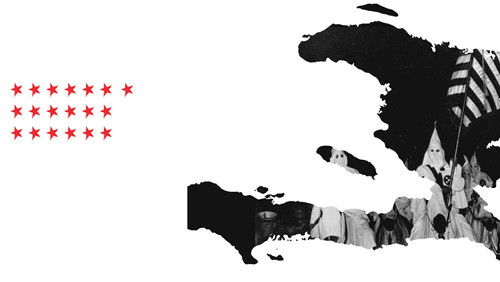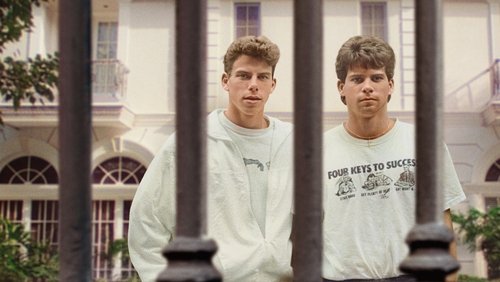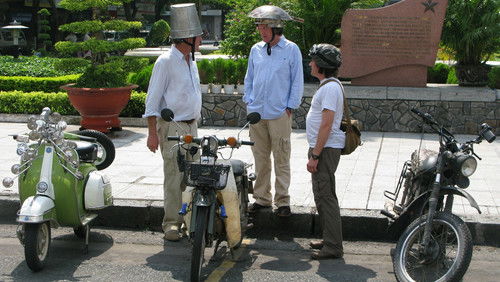What the Hell Happened to Blood, Sweat & Tears? (2023)
58KWhat the Hell Happened to Blood, Sweat & Tears? (2023). 1h 52m
“Greetings again from the darkness. u0026quot;What goes up, must come downu0026quot; … those are the opening lyrics to u0026quot;Spinning Wheelu0026quot;, a huge hit for the brass-rock band Blood, Sweat u0026amp; Tears. The lyrics are meant to convey the cycles of life, but they also reflect the meteoric rise and fall of the band itself. John Scheinfeld is a knowledgeable and passionate documentarian behind profiles of such acclaimed musicians as Herb Alpert, Brian Wilson, Sergio Mendes, Bing Crosby, Frank Sinatra, John Lennon, Harry Nilsson, Bette Midler, Rick Nelson, Rosemary Clooney, John Coltrane, Andy Williams, and Dean Martin. Heu0026#39;s a natural choice to provide the answers to the titular question.u003cbr/u003eu003cbr/u003eA 9-piece jazz-rock band hitting the charts big time is not something that could have been predicted in the late 1960u0026#39;s. Scheinfeld opens the film with clips of the band live on stage in Bulgaria in 1970 as David Clayton-Thomas belts out u0026quot;Spinning Wheelu0026quot;. We learn they were the first American rock band to perform behind the Iron Curtain, and we also learn there is more to the story. Much more. At the time, the United States was in the Vietnam War and social and political unrest and upheaval were occurring regularly. There is every indication that the State Department invoked a strategy of using a popular band to ease tensions in communist countries. It was the legal and visa issues of Canadian singer Clayton-Thomas that provided the opening the State Department needed to pressure the band to undertake the tour with the goal of softening the U. S. reputation as a bullying military force.u003cbr/u003eu003cbr/u003eUltimately, it was a tour that turned most everyone on all sides against the band. Romanian concert goers initially enjoyed the u0026#39;freeingu0026#39; aspect of the bandu0026#39;s music, but soon the police used dogs to break up the crowds and end the celebration. When the band returned home, the counterculture couldnu0026#39;t forgive them for the tour in communist territory, and the conservative right couldnu0026#39;t forgive them for being against the Vietnam War. Everyone was upset at Blood, Sweat u0026amp; Tears.u003cbr/u003eu003cbr/u003eWe get a bit of the bandu0026#39;s history in that it was founded by Al Kooper in 1967 when they introduced a new sound, however, after the first album, it was determined a new singer was preferred and a very brief audition from Clayton-Thomas secured the job for him. The rest of the band consisted of Jim Fielder on bass, Bobby Colomby on drums, Steve Katz on guitar, Dick Halligan multiple instruments, Jerry Hyman on horns, Fred Lipsius on sax, and trumpeters Chuck Winfiled and Lew Soloff. For the most part, the band members were not politically outspoken. The exception was Steve Katz who was adamantly opposed to the foreign land tour. It was the bandu0026#39;s second album that changed everything. Three huge hits – u0026quot;And When I Dieu0026quot;, u0026quot;Youu0026#39;ve Made Me So Very Happyu0026quot;, and u0026quot;Spinning Wheelu0026quot; – helped them win Album of the Year over the now classic Abbey Road from The Beatles.u003cbr/u003eu003cbr/u003eScheinfeld solves another mystery when he explains why, listed as headliners, the band was not featured in the u0026quot;Woodstocku0026quot; documentary. Not surprisingly, the answer involves money, and of course, the band members now look back on their manageru0026#39;s decision with some regret. But there is more to the story of the bandu0026#39;s faded glory than the communist block tour. An early Las Vegas residency, though a much sought-after gig these days, garnered the label u0026quot;squareu0026quot; for the band … this despite performances at the Fillmore and MSG. Although the band never regained the popularity of that second album, they did have subsequent hits that included u0026quot;Hi-De-Hou0026quot; (written by Carole King) and u0026quot;Go Down Gamblinu0026#39;u0026quot;. Perhaps most shocking is that more than 65 hours of concert footage was shot on the Iron Curtain tour, yet the State Department shelved the documentary project, likely for political reasons given the police and military activity against concert goers. Bonus points to Scheinfeld for solving a couple of long-term musical mysteries here, and also for including some u0026quot;Bullwinkleu0026quot; clips.u003cbr/u003eu003cbr/u003eAbramorama will release the film in theaters beginning March 24th.”

